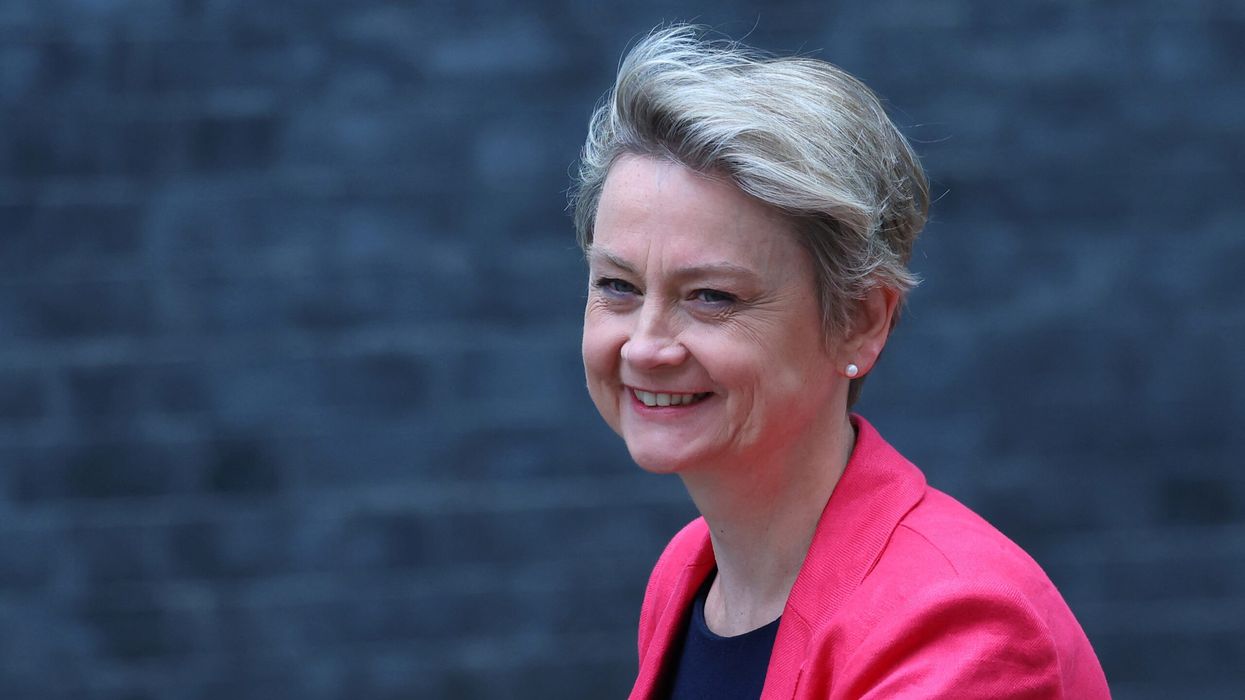NEW Labour home secretary has accused the previous, Tory government of concealing the fact that it expected to spend £10 billion ($13bn) on a now-scrapped plan to deport thousands of asylum seekers to Rwanda.
Prime minister Keir Starmer's new government scrapped the plan after comfortably winning an election this month.
Yvette Cooper told parliament that taxpayers had already spent £700 million on chartering flights that never took off, payments to the Rwandan government and many hours of civil servants' work, among other things.
She said that since her appointment as home secretary two weeks ago, she had reviewed the "policies, programmes and legislation that we have inherited", adding: "It is the most shocking waste of taxpayers' money that I have ever seen."
The previous Tory government had announced in 2022 that it would put an end to asylum seekers arriving on small boatsby sending those who arrived in Britain without permission to Rwanda.
But legal challenges have prevented anyone being sent to east Africa except for four individuals who went under a voluntary scheme.
Parliament's spending watchdog in March estimated it would cost at least £600m to deport just 300 refugees to Rwanda - a tiny fraction of the more than 15,000 asylum seekers who have arrived on England's southern coast this year alone.
James Cleverly, the former Tory home secretary, accused Cooper in parliament of using "made-up numbers", but provided no evidence or alternative costings.
Cooper also said tens of thousands of asylum seekers left in limbo and at risk of deportation would now have their claims processed.
She said the government would also reverse a provision in the Illegal Migration Act that has barred anyone arriving illegally since March last year from being granted asylum.
Instead, the government promised to end the costly use of hotels to accommodate asylum seekers, and clear the backlog of claims.
Cooper said the changes would save taxpayers an estimated £7bn over the next 10 years.
The question of how to stop asylum seekers crossing the Channel from France had been a theme of the election campaign.
While the previous Tory government said its plan would put people traffickers out of business, critics called it immoral and unworkable.
Last November, the UK Supreme Court declared the policy unlawful, saying Rwanda could not be considered a safe third country, prompting the government to pass another law to enable it to override the court's assessment.
(Reuters)





